Update: 25 People at the Heart of the Meltdown
At the height of the financial crisis, The Guardian identified 25 bankers, economists, politicians and financial officials who helped bring about the worst economic crisis since the Great Depression. What are they up to now?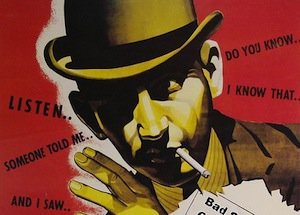
At the height of the financial crisis, The Guardian identified 25 bankers, economists, politicians and financial officials who helped bring about the worst economic crisis since the Great Depression. What are they up to now?
Former Federal Reserve Chairman Alan Greenspan tops the list. The acolyte of Ayn Rand is said to be making and saving billions of dollars for the world’s largest bond investor, a company called Pimco, as well as advising banks and investors.
Former Sen. Phil Gramm, who told Congress that he sees “the American dream in action” when he looks at subprime lending and who helped write the law that enabled the formation of Citigroup and Bank of America, is now a visiting scholar at the neoconservative think tank the American Enterprise Institute.
Chris Dodd, a former chairman of the Senate banking committee who received more than $150,000 from banks he shielded from regulation and after whom the reform-directed Dodd-Frank Act is partially named, is speaking against the effort to split up too-big-to-fail banks.
Perhaps uncharitably, The Guardian has listed “The American Public” — the group most harmed by the crisis domestically — in its list of 25 parties most culpable for the financial meltdown. “The men and women on the street took out billions of dollars of loans they knew they couldn’t afford,” the paper writes. Did they know this? Did they know with the precision and certainty that the architects of the crisis knew it? Should the nameless, faceless public be raised to the same level of responsibility as the bankers, economists and politicians whose job it was to understand the American economy and shape policy that protects it?
— Posted by Alexander Reed Kelly.
Your support matters…The Guardian:
Bill Clinton, former US president
Politicians’ current plan to help prevent another financial crisis is to ringfence banks’ risky “casino banking” divisions from the more pedestrian high street banking departments. 13 years ago Clinton repealed the Glass-Steagall Act, which had done just that. Clinton’s move, which came after fierce lobbying from bankers, heralded the birth of superbanks and primed the sub-prime pump.
Gordon Brown, former prime minister
Brown’s big boast as chancellor was that he had “abolished Tory boom and bust”. He hadn’t. His prime ministerial tenure was spent presiding over the biggest bust since the Great Depression.
In his last big speech before becoming prime minister just before the crisis began he praised bankers for their role in bringing in a “new golden age for the City of London”. To tempt foreign bankers to work in the City he backed low taxes for non-doms and “light-touch” regulation that meant they could get away.
Independent journalism is under threat and overshadowed by heavily funded mainstream media.
You can help level the playing field. Become a member.
Your tax-deductible contribution keeps us digging beneath the headlines to give you thought-provoking, investigative reporting and analysis that unearths what's really happening- without compromise.
Give today to support our courageous, independent journalists.

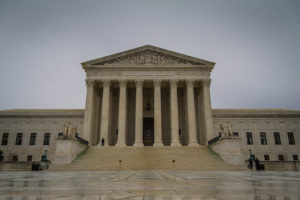
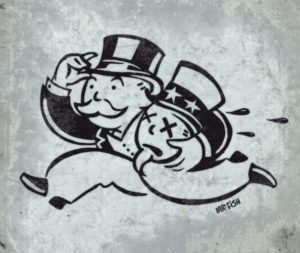

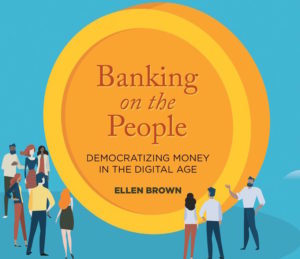
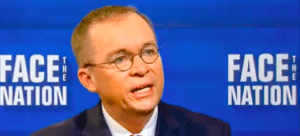


You need to be a supporter to comment.
There are currently no responses to this article.
Be the first to respond.